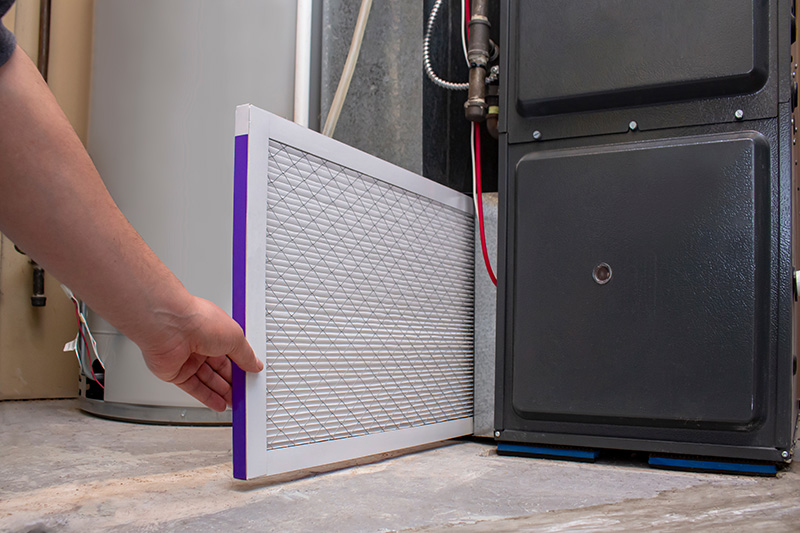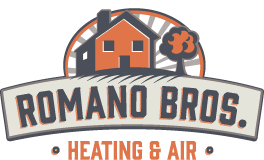The type of air filter you use can determine how well your indoor air quality will be. Find out if using an expensive air filter makes a difference.
You may have heard the saying you get what you pay for. Yes, there is some truth to this particular piece of advice, but there are some other factors to consider, at least when it comes to whether or not you really need expensive air filters for your HVAC system. We go over what to consider with HVAC system air filters below.
Why Change Your HVAC Filters?
The purpose of an HVAC filter is to keep dirt and debris out of your heating and cooling system – and out of your home’s indoor air. In order to work efficiently and effectively, air filters for your HVAC system need to be changed regularly – every 2-3 months is the standard recommendation.
When your air filter isn’t properly filtering various irritants and contaminants, your HVAC isn’t doing as much to heat and cool your indoor spaces as it could be doing. If this happens regularly, you could have an increasingly frequent need for HVAC repair and service. Air filters also benefit you by:
- Minimizing indoor air pollution issues
- Removing microbes and reducing mold and mildew and similar bacterial and viral contaminants
- Improving air circulation and flow throughout your home
- Protecting your AC and other HVAC components and systems
Higher Efficiency Filters Aren’t Always Necessary (or Beneficial)
As for the higher-end filter question, it largely depends on what’s suitable for your inside space and HVAC system. Hospitals, for example, often use filters with a high minimum efficiency reporting value (MERV) rating. This is a measure of how well a filter can capture various contaminants.
The problem with an air filter that’s around 15 or 16, which is what’s commonly used in hospitals, is your HVAC system has to actually work harder to push air through a thicker filter. Practically, this makes sense for a hospital – but not for a residential home. In fact, using a filter with an excessively high MERV rating means you’ll have higher HVAC-related costs.
Choosing the Right Filter for Your Home
There are a lot of choices with filters today because manufacturers are attempting to address many different needs. Also, indoor air quality is an increasingly common concern these days. With an air filter for your home’s HVAC system, pay particular attention to:
- Filter thickness since this is what determines how fast a filter gets full or clogged
- The MERV rating to determine what’s appropriate for your indoor environment
- Your specific indoor air quality concerns
- The overall size of your home
A High-Efficiency Particulate Air (HEPA) filter is the most effective and efficient for home usage. If you need added filtration due to allergies, respiratory concerns, pet dander from your four-legged family members, or strong cooking or smoking odors, a more expensive HEPA filter is worth considering.
A Word about Electronic Air Filters
This isn’t really an actual HVAC filter since it’s attached to your HVAC system. Yes, it filters out impurities in the air, but it works independently of your home’s HVAC system. It’s really a whole-home air purification system, which is all fine and well. However, you’ll still need a separate filter for your HVAC system.
Call Us Today
If you still have questions about HVAC filters for your home and HVAC system, reach out to the team from Romano Bros. Heating and Air. We’ll gladly help you determine if you should consider investing in a higher-end or higher-quality HVAC filter for your home. Call us today to set up an appointment with one of our friendly and knowledgeable team members.


